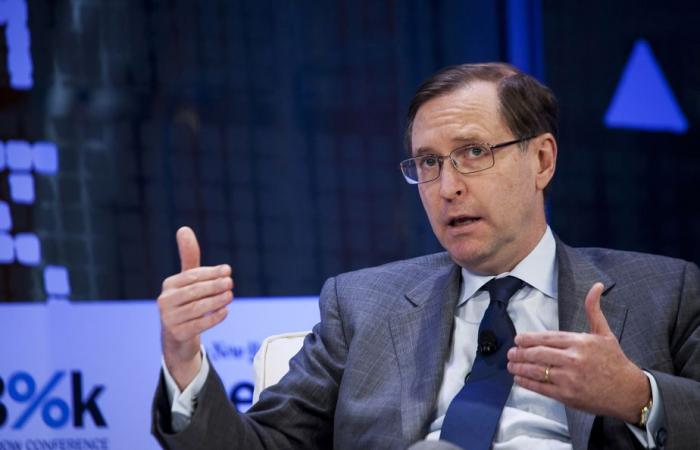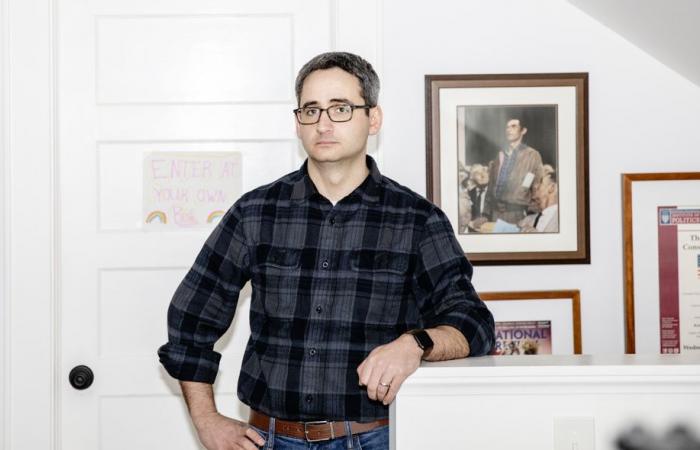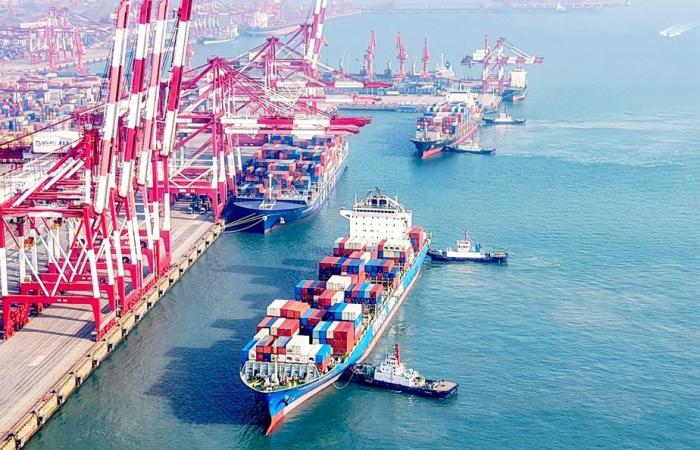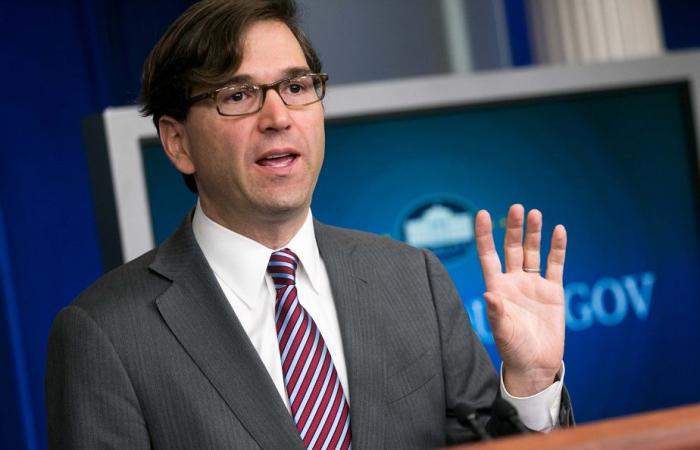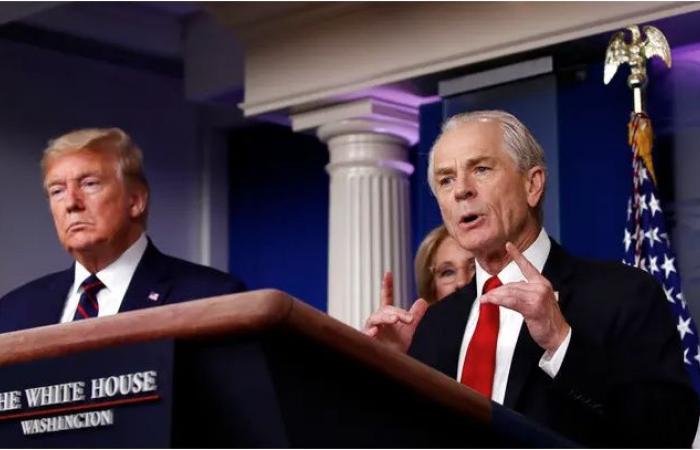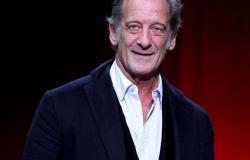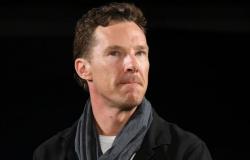During a recent economic conference in San Francisco, Jason Furman, former adviser to President Barack Obama, turned to Kimberly Clausing, a former member of the Biden administration and author of a book extolling the merits of free trade.
Posted at 11:00 a.m.
Ben Casselman
The New York Times
“Everyone in the room agrees with your book,” Mr. Furman said. No one outside the room agrees with your book. »
The entire audience – made up of academics and policy buffs – burst out laughing, but the joke had some truth: after decades of contributing to policies on crucial subjects like taxes or health insurance, economists find that their influence is at its lowest.
The shattered idol of free trade
Free trade must be the closest thing to a universal value among economists. However, the Americans have just put Donald Trump back in power, for whom “tariff” is “the most beautiful word in the dictionary” and whose commercial strategy seems to see everything through the prism of mercantilism, an approach considered outdated since Adam Smith, 18th century economist and philosophere century.
Not that Joe Biden after him was a champion of free trade: the Democratic president maintained numerous tariffs imposed by Mr. Trump during his first term and he is leaving just after blocking the takeover of US Steel by a Japanese steelmaker, despite the contrary advice of his own economic advisors.
PHOTO DAVID BOILY, LA PRESSE ARCHIVES
Free trade has greatly benefited certain sectors, but the tariffs promised by Donald Trump risk changing the situation. Above, assemblers working on a Ski-Doo snowmobile at the BRP plant in Valcourt.
Their opinion is also ignored in other sectors.
In general, economists are in favor of immigration, seeing it as a source of innovation and growth. Mr. Trump wants to close the border and expel millions of illegal immigrants.
Economists across the ideological spectrum say the carbon tax is the best tool against climate change, but even Democrats, under Mr. Biden, rejected that approach in their 2022 climate legislation.
Finally, economists have been warning for years about the country’s unsustainable debt, which could cause debt payments to explode, boost interest rates and trigger a financial crisis. Yet Republicans and Democrats have run huge deficits without a credible plan to reduce them.
Which is why, at the American Economic Association’s annual meeting this month in San Francisco, there was a sense that economists’ famous confidence—their arrogance, some would say—was shaken. What’s the point of collecting all this data, building complex models based on complicated theories if no one listens to their advice?
Lots of errors
For critics of economists, the explanation for this disavowal is simple: their strategies have been tried and failed.
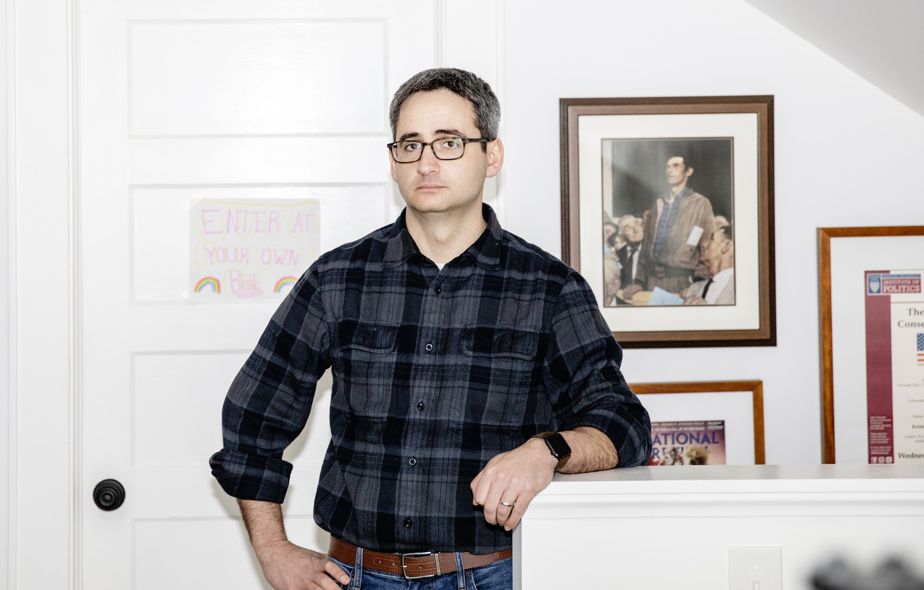
PHOTO LAUREN LANCASTER, THE NEW YORK TIMES
Conservative thinker Oren Cass at his home in Lenox, Massachusetts. On the wall, a photo of the famous painting Freedom of speechby Norman Rockwell. If economists are no longer listened to, it is because their strategies have been tried and failed, he says.
Speaking to an audience of economists at their conference, Oren Cass, a conservative political pundit but not an economist – he has degrees in political economy and law – drew up a list of what he sees as the failures of this discipline :
— Manufacturing job losses and deindustrialization of the Midwest, which Mr. Cass and others attribute largely to free trade.
– The financial crisis of 2008 and the recession that followed it, which some attribute to the deregulation of the financial sector, promoted by many economists.
– The long-term slowdown in economic growth, despite multiple tax cuts supposed to have the opposite effect, according to many economists.
“The way I see it, people listen to economists and rightly say, ‘Why the hell would I believe that?’ ” said Mr. Cass.
If your strategy has not worked, you are no longer credible. You cannot expect good results by continuing to do the same thing.
Oren Cass, founder of the conservative think tank American Compass
Not surprisingly, many economists contradict Mr. Cass. Thus, according to them, the decline of the manufacturing industry results as much, if not more, from technological evolution and other major global trends, as from American trade policy. They add that the tariffs will only end up hurting the people they are intended to help.
-In any case, they add, Mr. Cass has a caricatured and outdated vision of economists and their thinking. During the 1980s and 1990s, arguably, the economic consensus recommended lower taxes, less regulation, and all-out globalization. But since then, the perspectives have become more nuanced and more varied.
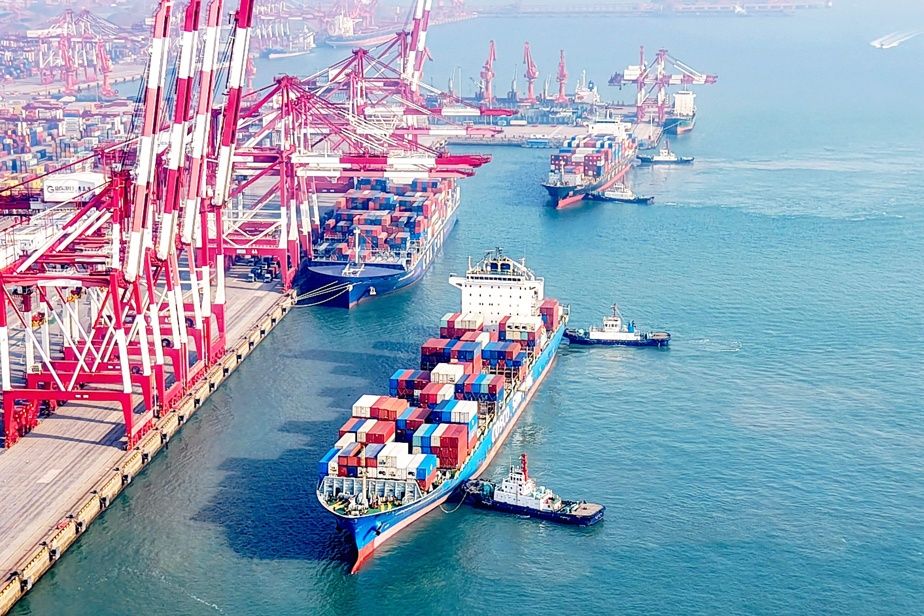
PHOTO ARCHIVES AGENCE FRANCE-PRESSE
Container ships docking at the port of Qingdao, China, in January. Chinese exports reached a record in 2024, but the Americans have just returned Donald Trump to power, for whom “tariff” is “the most beautiful word in the dictionary”.
“Previously, it seemed more like economists spoke with one voice; today, I don’t think we can say that,” said Ioana Marinescu, a professor at the University of Pennsylvania who, until recently, was an economist in the Justice Department’s competition bureau.
According to economists, it is unfair to judge the entire discipline on these failures. Macroeconomic forecasts matter to policymakers at the Federal Reserve and investors on Wall Street, but they are not a major concern for most academic economists. Besides, even forecasters don’t claim to be particularly good at this.
“We’ve always been bad at forecasting,” admits Greg Mankiw, a Harvard University economist who advised President George W. Bush. “Does this harm our credibility? Probably. »
The “Skunks of the Outdoor Reception”
Economists have a habit of being unpopular. “Frustration is rather the normal state of an economist,” Mr. Mankiw quips.
Karen Dynan, who worked at the Treasury Department in the Obama administration, says economists there were nicknamed “the skunks of the outdoor party,” always there to explain why a seemingly attractive program wouldn’t work.
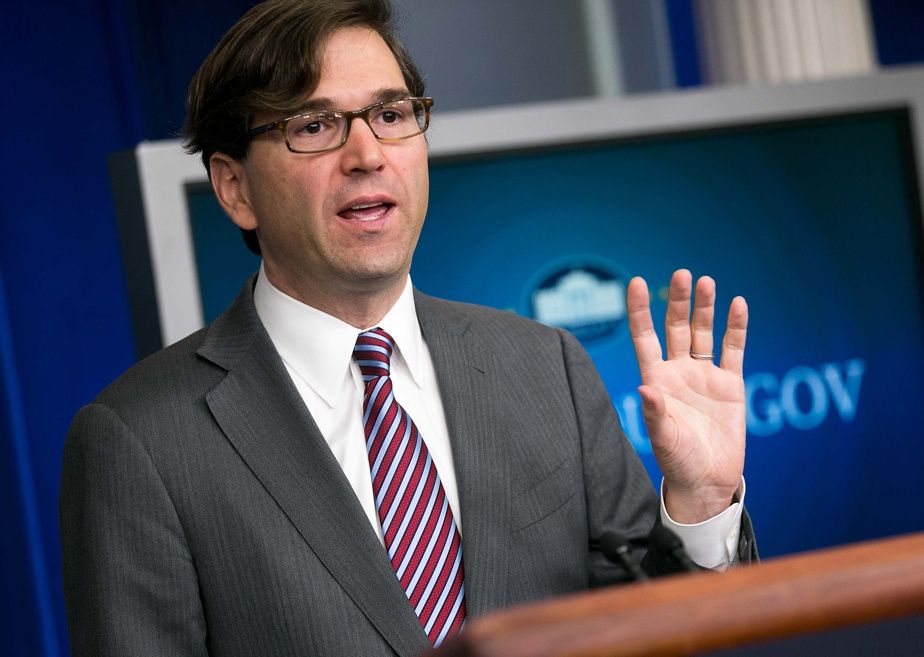
PHOTO DOUG MILLS, ARCHIVES THE NEW YORK TIMES
Economist Jason Furman, a former adviser to President Barack Obama, acknowledges that his profession’s influence is at an all-time low, particularly on free trade.
But, insists Mme Dynan, “they wanted us to be there”. Elected officials may not have liked the economists’ advice – and, certainly, did not always follow it – but they wanted to hear the economists’ opinions.
During his first term, Mr. Trump appointed few economists to key positions. The most notable exception – Peter Navarro, a Harvard-trained economist and trade policy advisor – had unorthodox views on trade – especially with China – well outside the economic mainstream. (In a 2016 survey of academic economists, not a single respondent thought imposing tariffs on China to encourage domestic production was a good idea.) Economists in the consensus had very little of influence.
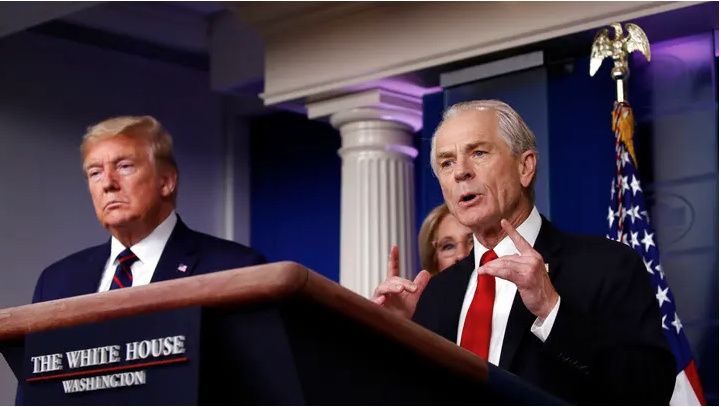
PHOTO ALEX BRANDON, ARCHIVES ASSOCIATED PRESS
Peter Navarro during a press briefing at the White House in 2019, alongside President Donald Trump. Mr. Navarro, the only economist appointed by Mr. Trump during his first term, holds views on trade outside the economic mainstream.
According to Richard Burkhauser, a professor at Cornell University who served on Mr. Trump’s Economic Council, everyone quickly realized that advising Mr. Trump against tariffs was pointless. “The most unfortunate economists were the trade specialists,” he says. If they had argued against the tariffs, he said, “that would have been the last time we attended a meeting.”
So economists tried a different angle: if tariffs were inevitable, how could we make them as painless as possible?
Bad communicators
But how can economists regain the authority to contribute to decisions, instead of mitigating the damage of misguided policies?
Some believe that it is above all a communication problem: they must better explain to elected officials and the public why their arguments are valid.
Thus, researchers have long known that globalization has a cost in job losses or wage reductions in certain industries. The consensus among economists is that the benefits – cheaper products, a more productive and dynamic economy – outweigh these costs, and that even a good share of initially harmed workers see their situation improve in the long term. But economists’ comments have often seemed haughty and insensitive, observes Glenn Hubbard, chairman of the Economic Council under President George W. Bush.
“Our way of speaking has harmed us,” says Mr. Hubbard. Talking about “transition costs” to describe what happens to human beings and communities: what a terrible expression. »
On the other hand, other economists believe that the profession needs serious introspection. According to Mme Dynan, the former Treasury Department economist, is paying the price for their failures regarding the 2008 financial crisis and the recent surge in inflation. “These failures of the profession and their effects on society are not nothing,” she said.
“It is important when policies fail that their authors take responsibility. »
This article was published in the New York Times.
Read this article in its original version (in English; subscription required)

